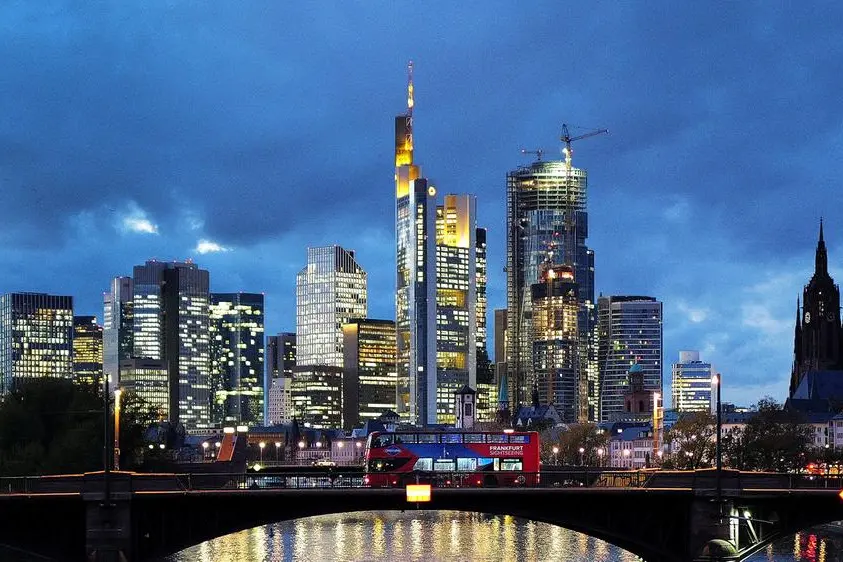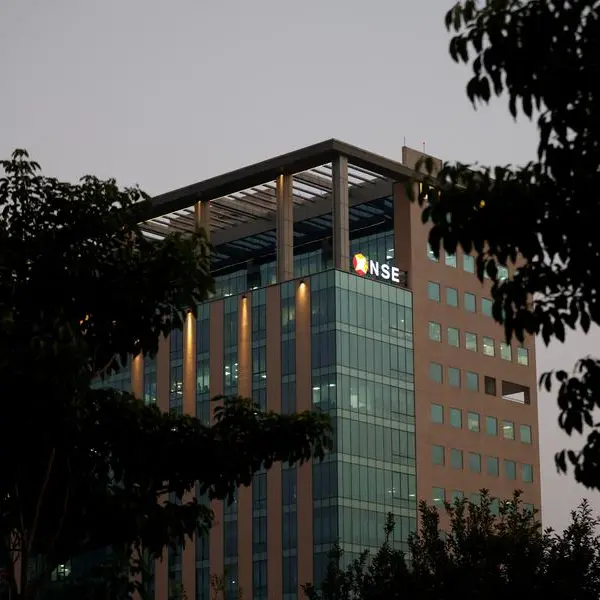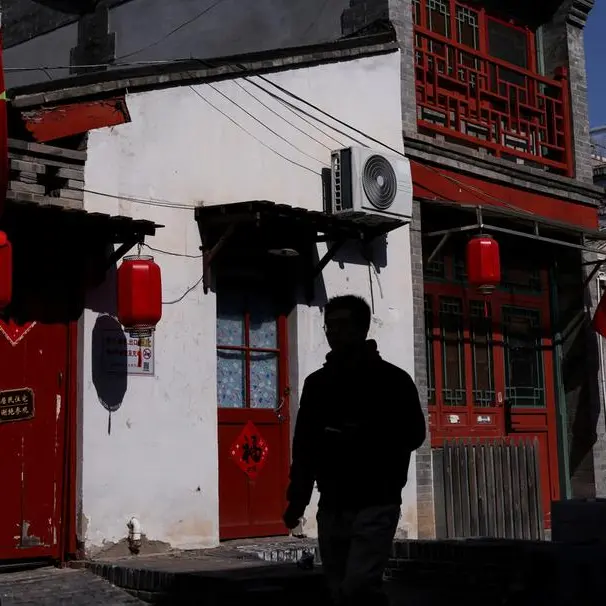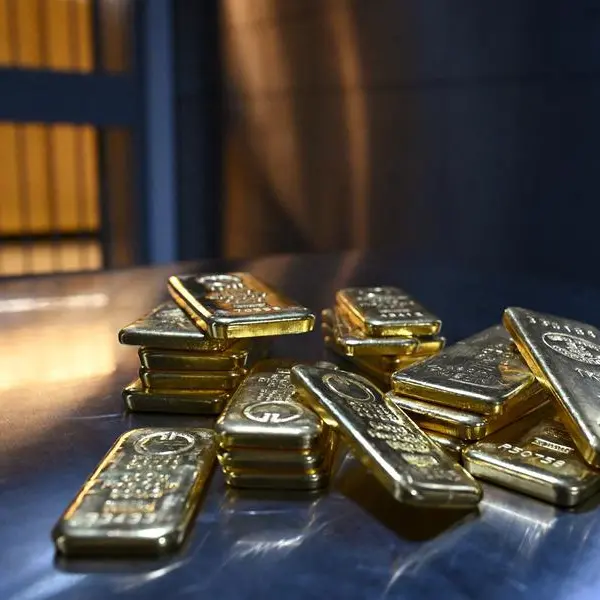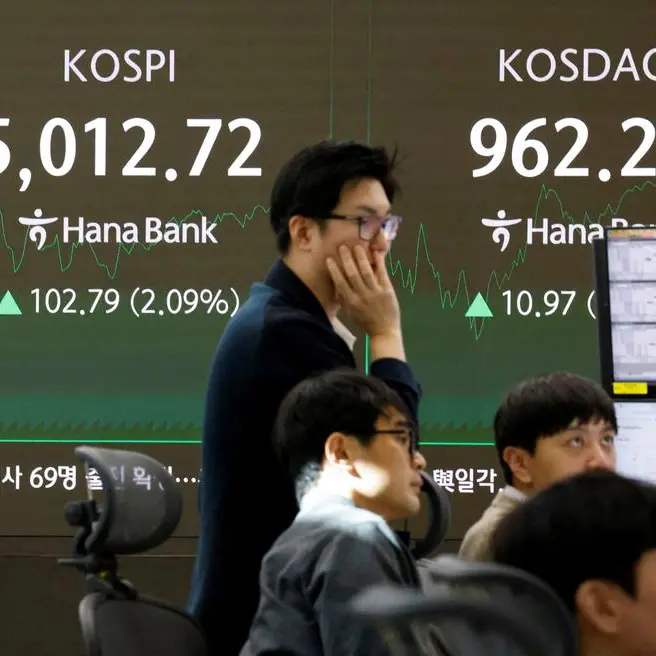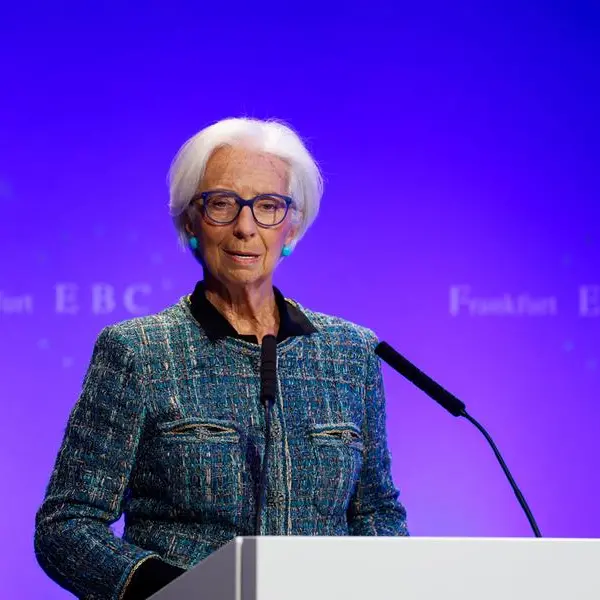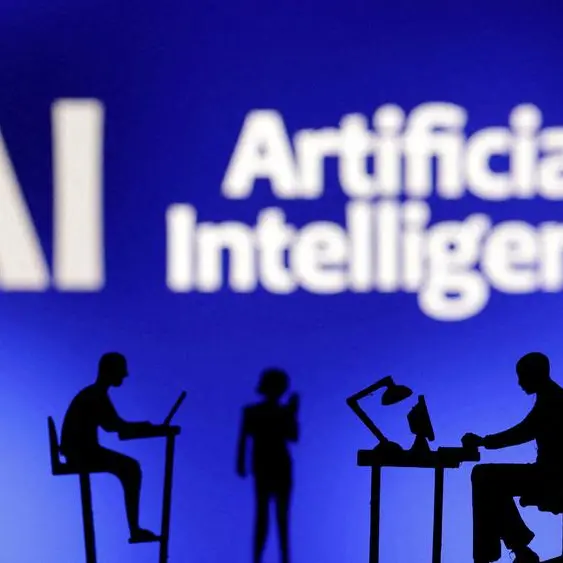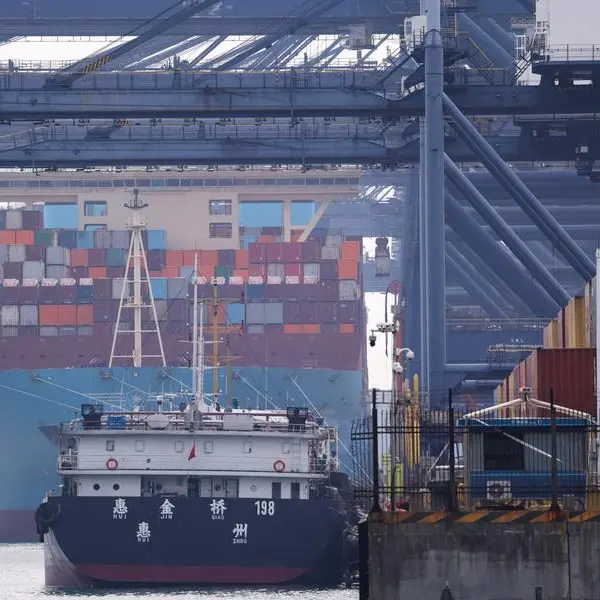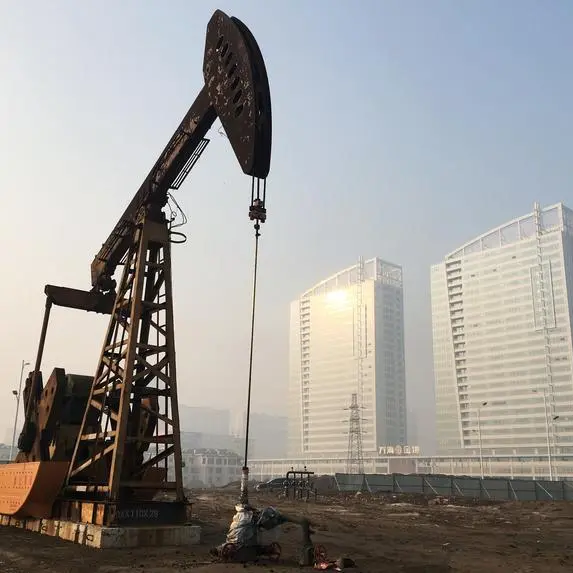PHOTO
LONDON - Germany is reprising its role as the world's biggest creditor for the first time since 1991 - but seismic global policy changes suggest it might not be back in the seat for long.
As the United States has soaked up the vast bulk of global savings over the past two decades, the stability of ballooning global trade and investment imbalances has become one of the biggest market issues - especially now, as trade wars unfold.
For everyone plotting the map, Japan's Ministry of Finance this week recorded a remarkable milestone.
For the first time in 34 years, Germany overtook Japan last year as the biggest net provider of investment capital to the rest of the globe.
While exchange rates had something to do with the ranking switch, Germany's unenviable top spot - borne of weak growth and a lack of investment opportunities at home - speaks volumes about the state of world savings, investment and demographics.
The three top net creditors - Germany, Japan and China - have one major thing in common. They are all large aging economies where populations have already peaked and are set to decline over the remainder of the century - dampening domestic demand in the process and generating outsized savings pools.
But, as Deutsche Bank Chief Economist Robin Winkler points out, the German and Japanese investment positions are quite different in nature.
Much to the chagrin of U.S. President Donald Trump's new administration, both countries have run chronic trade surpluses with the United States and the rest of the world for years, relying on exports for growth amid depressed local demand.
And they have both banked the lion's share of the resulting savings into overseas investments, mostly in the faster-growing America.
In the process, these flows generated more than a decade of U.S. asset booms and dollar appreciation - something Trump's team claim had clobbered U.S. manufacturing competitiveness and eliminated good-paying jobs in the process. Trade tariffs will help to redress the imbalance, according to Trump, and so too would a weaker dollar.
FICKLE OR STICKY?
But Winkler points out that much of the rise in Japan's surpluses over the years has been in direct investments - company acquisitions, new overseas plants and job creation.
Unlike Japan, Germany's trade surpluses have been mostly recycled into portfolio investments such as stocks and bonds - making them far less "sticky" and easily reversed.
For Germany, this could be a double-edged sword.
"It makes Germany more susceptible to criticism that its trade surpluses vis-à-vis certain countries have not directly generated jobs in these countries," Winkler wrote, adding this could be a problem in trade talks under way.
"On the other hand, the low share of direct investment makes Germany's net asset position more liquid and fungible than Japan's," he added. "This should be an advantage at a time of geopolitical fragmentation as it is easier to reallocate or even repatriate foreign assets quickly should it become necessary."
Of course, the flipside of Trump's trade and diplomatic wars in Europe this year has been a transformative fiscal boost in Germany aimed at both re-arming and rebuilding the economy - changing its domestic growth trajectory as well as potential choice of investment destination for its savers.
Capital needs in Europe are rising fast and incentives for savers and investors to stay at home will come with that.
This creates substantial risks for Wall Street - and not just dollar depreciation, which the administration appears to be encouraging.
While Japanese investors make up the single biggest group of overseas investors in U.S. government bonds, Europe was the source of $7 trillion of overseas equity investment since 2012.
As the past week revealed, the stakes in U.S.-European trade talks - which now only have six weeks to square numerous thorny issues - are very high on both sides of the Atlantic.
The opinions expressed here are those of the author, a columnist for Reuters
(By Mike Dolan; Editing by Lisa Shumaker)
